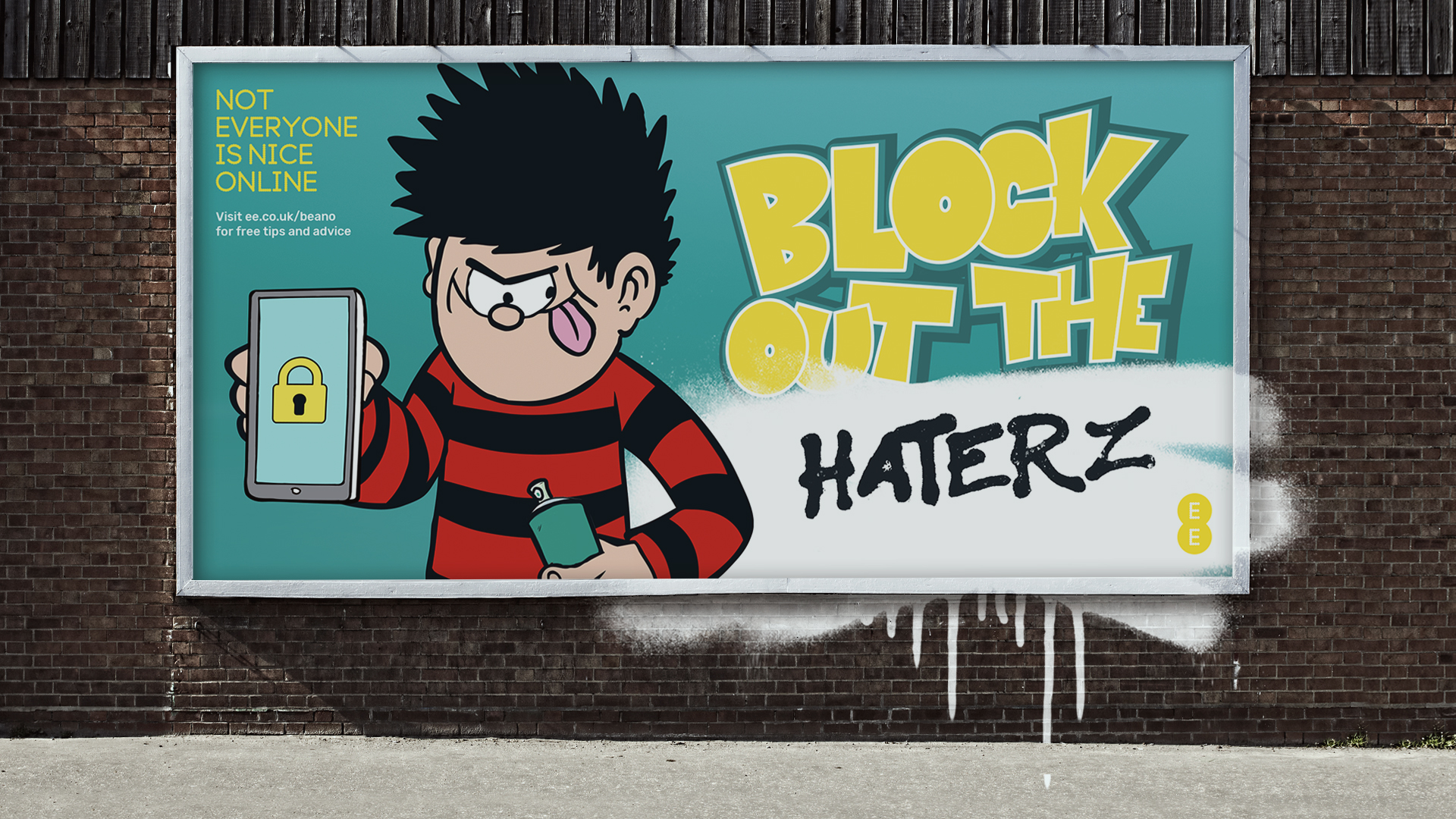The Rio 2016 Olympics were a spectators dream: from watching Bolt complete the triple triple Gold to Team GB breaking its record medal haul on the final day of the games. However, underneath the surface of glory and triumph lies a surprising issue which many viewers of the games would have observed with a blissfully ignorant eye: sexism.
It may seem a strange thing to highlight, given that on the one hand some may argue that there has been a significant progression in female sport from the mid-20th century. Indeed, women made up 45% of Rio Olympic athletes, a significant increase from 1964’s 13%. The US female contingent were actually triumphant over their male counterparts, winning 61 medals, six more than the men’s 55. It could also be argued that female athletes have become more marketable in recent years; it’s abundantly clear sports brands have increased their pursuit of sponsorship deals for female athletes.
All of this is evidence of the progression of women’s sport right? It certainly should be, however the argument fails to consider that we have still not successfully removed stigmas and stereotypes surrounding female sport as a whole.
Amongst the many incredible accomplishments achieved at Rio, at times sexist comments left a sour taste in the mouth, often undermining the Olympic dream of bringing men and women together in a global arena to compete and be admired for their sporting abilities.
This is crucially where the issue lies. Too many times to count a journalist or reporter took it upon themselves to belittle female athletes to gender stereotypes, and in doing so they undermined their sporting abilities. Instead commentators were called out for discussing seemingly irrelevant factors, albeit innocently, such as what they were wearing or who they were dating. Whilst female gymnasts were referred to as “dainty” and at one point compared to Disney fairies, men were recognised for their sporting prowess with descriptions like “fastest”, “biggest” and “strongest”.
No doubt one of the biggest stories to emerge from the Olympics for Team GB was the Laura Trott and Jason Kenny medal haul: between them the couple reached an incredible 10 gold medals. Yet pundit and former Olympian Chris Boardman thought it appropriate to refer to Trott, who was celebrating Kenny’s achievements at the time, using a tired gender stereotype: “[Trott’s] doing all the emotion for him – he’s looking at her wondering ‘what’s for tea”.
Trott was one of a number of examples in this year’s games which highlighted a common misconception that men should be unconditionally better at sports than women. Despite being at the tender age of 19, the USA’s Katie Ledecky is a five-time Olympic gold medalist, and nine-time world champion. Not to mention the fact that she is regularly excelling against her male colleagues in training – an achievement that isn’t always welcomed by her teammates. Fellow US swimmer Conor Dwyers commented that it makes his and others “morale go down” being beaten by a woman.
What does this all mean for women’s sport? The Olympics is an event where sportswomen receive a significantly higher amount of support compared with other domestic sports they partake in, yet these elite athletes are still prone to sexist commentary. Inequalities in viewing figures and pay packages across sport are perhaps encouraging the all too common perception that female sport is inferior.
How will global organisations and media tackle the disparity between female and male sports, and will they ever be able to achieve the levels of equality we’d hope for?
Come Tokyo 2020 it would be fantastic to see sportswomen being recognised purely for their achievements, no make-up or kitchen talk included.






